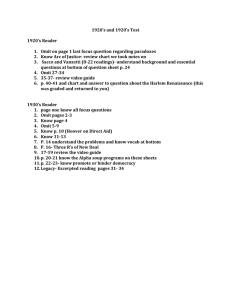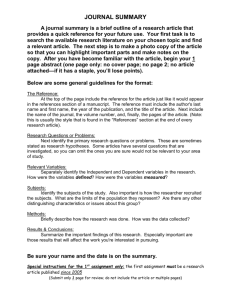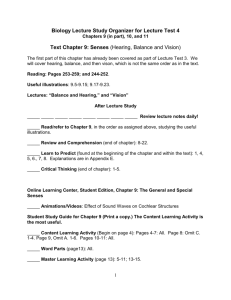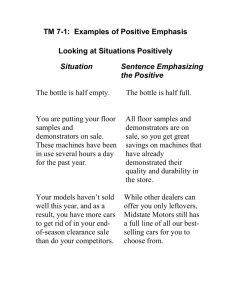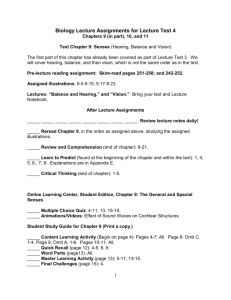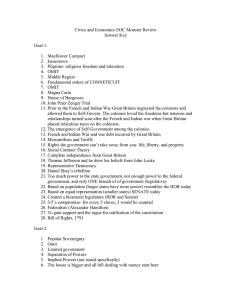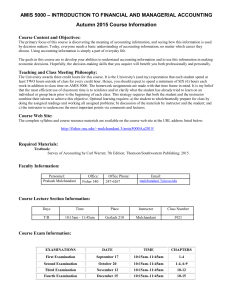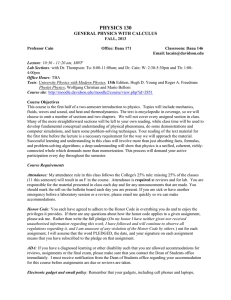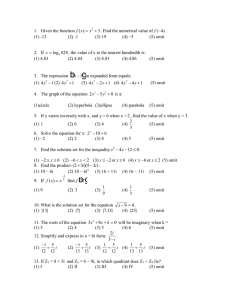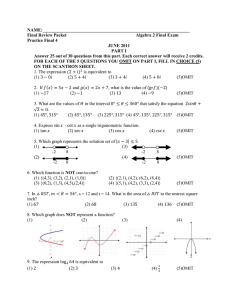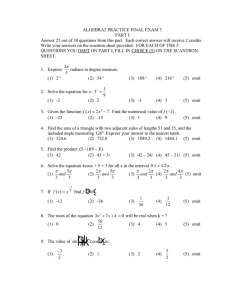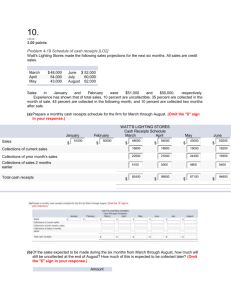How to write a Summary?
advertisement
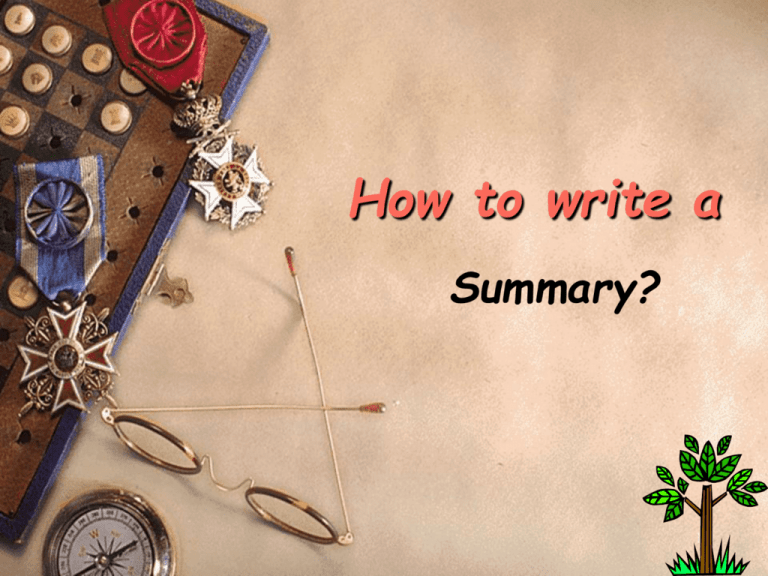
How to write a Summary? 1 Summary A bridge between reading and writing what is a summary? 2 Definition of a summary 3 Differences between summary and abstract summary 概要、概括总结 abstract 论文摘要 Abstract is a short-clear-high pointer. Summary is a little detailed out version of abstract. A summary reflects what the original contains, whereas an abstract reflects what the original is about. A summary contains the meat of the original, whereas an abstract contains only its skeletal structure. 4 e.g: a movie "it is good"or"it is a love story" ——abstract "there is a hero falls in love with a girl,he chases her,then they get married etc." ——summary when you write a paper, an abstract is needed, but you don't need to write a summary. We can say summary is a kind of tool . 5 Characteristics of a good summary a summary must be comprehensive a summary must be concise a summary must be coherent a summary must be independent 6 Dos and dont's when writing a summary the length of a summary: one-third to one-quarter of its original size. a summary is writen in your own words, not in the words of the original selection. a summary gives only main points of the text. you should decide what type of a summary based on the needs for the reader. 上一页 7 Styles of passage styles argumentation(议论文) functions show the writer's points of view narration(记叙文) describe a person or an event, with afterthoughts exposition(说明文) introduce something or phenomenon 8 Steps of summary writing reading writing modifying 9 First: reading 1. Skim and scan the text to identify the topic and to understand how the information has been organized. 2. Reading carefully. Make a note of the writer's main points in your own words. 10 Second: writing 1. use your own words 2.write in the third person 11 Third: modifying 1. omit repetition and details 2. revise the writing until you are sure that you have an accurate summary which flows logically. 12 Some skills of writing a summary Skill 1 : Omit the details Skill 2 : Omit the repetitions Skill 3 : Omit the examples Skill 4 : Use general (概括性) words instead of specific (具体的) words Skill 5 : Put the main points of a dialogue in the passive voice Skill 6 : Find out the topic sentence or the key words 13 Some examples 1. You can think of a way to manage your temper. Here are some tips: 1) We should try to calm down and figure out what we are really upset about. 2) Keep a diary. It can help you understand more about yourself and your feelings. 3) We can try to talk with our best friends to release stressful emotions. Summary: There are many tips for you to manage your temper. 3: Omit the examples Skill ___________________ 14 2. Nowadays more and more teenagers try to be more independent from their parents and sometimes become very rebellious. They always want to wear long and strange hair style, which their parents complain about a lot. They also spend too much time on the Internet and playing computer games. Summary: Nowadays, there is an increasing tendency that more and more teenagers try to behave independently and differently. 1: Omit the details Skill ____________________ 15 3. Kate looked at Paul disapprovingly, “You put too salt on your food, Paul. It's not at all good for you!” Paul put down his knife and frowned, “Why on earth not! If you didn’t have salt on your food it would taste awful… like eating wood or sand… just imagine bread without salt in it!” Summary: Kate asked Paul not to use too much salt on his food and told him many disadvantages of it. 5 : Put the main points of a Skill ____________________ dialogue in the passive voice 16 4.She brought a lot of vegetables such as cabbage, carrots, cucumbers, tomatoes, potatoes and some eggs. She intended to invite all his friends for her birthday party at the weekend. Summary: To hold her birthday party at the weekend, she bought a lot of vegetables. 4: Use general words instead of specific words Skill ___________________ 17 understanding modify/revise the writing style topic sentence Summary 1/3 to 1/4 the 3rd person key words your own words 18 Thank you ! 19
